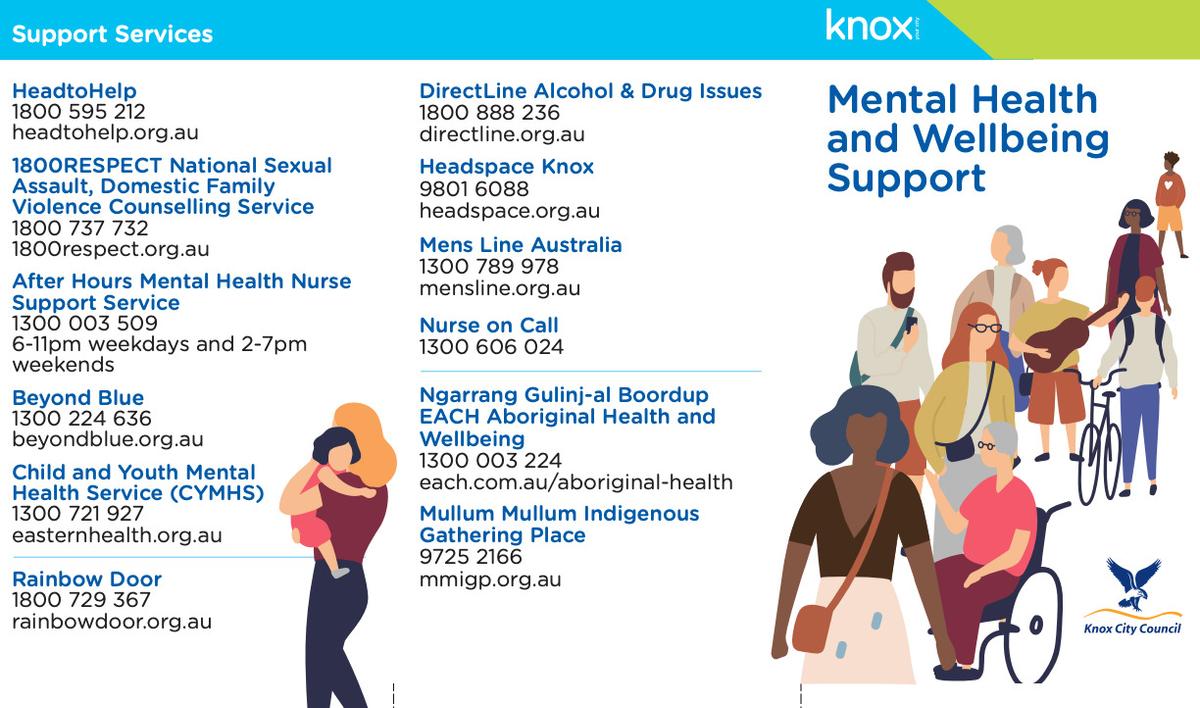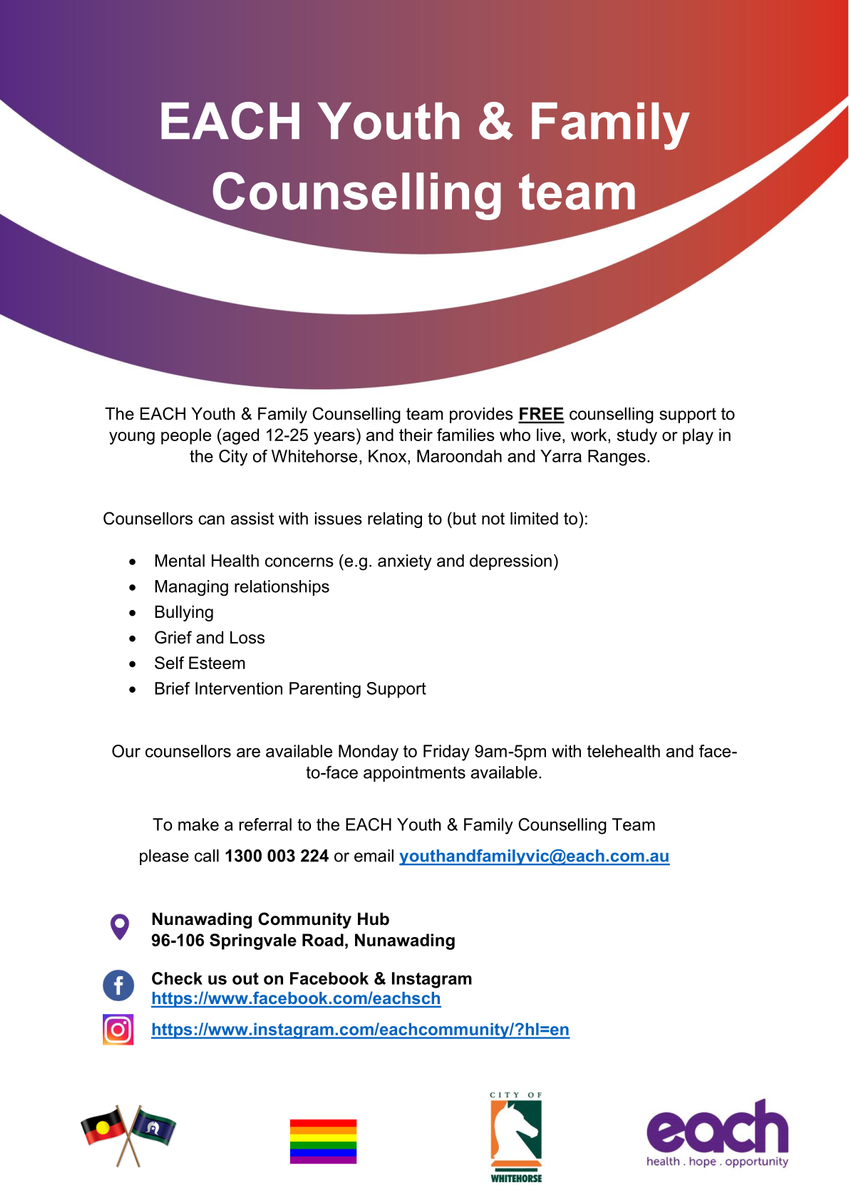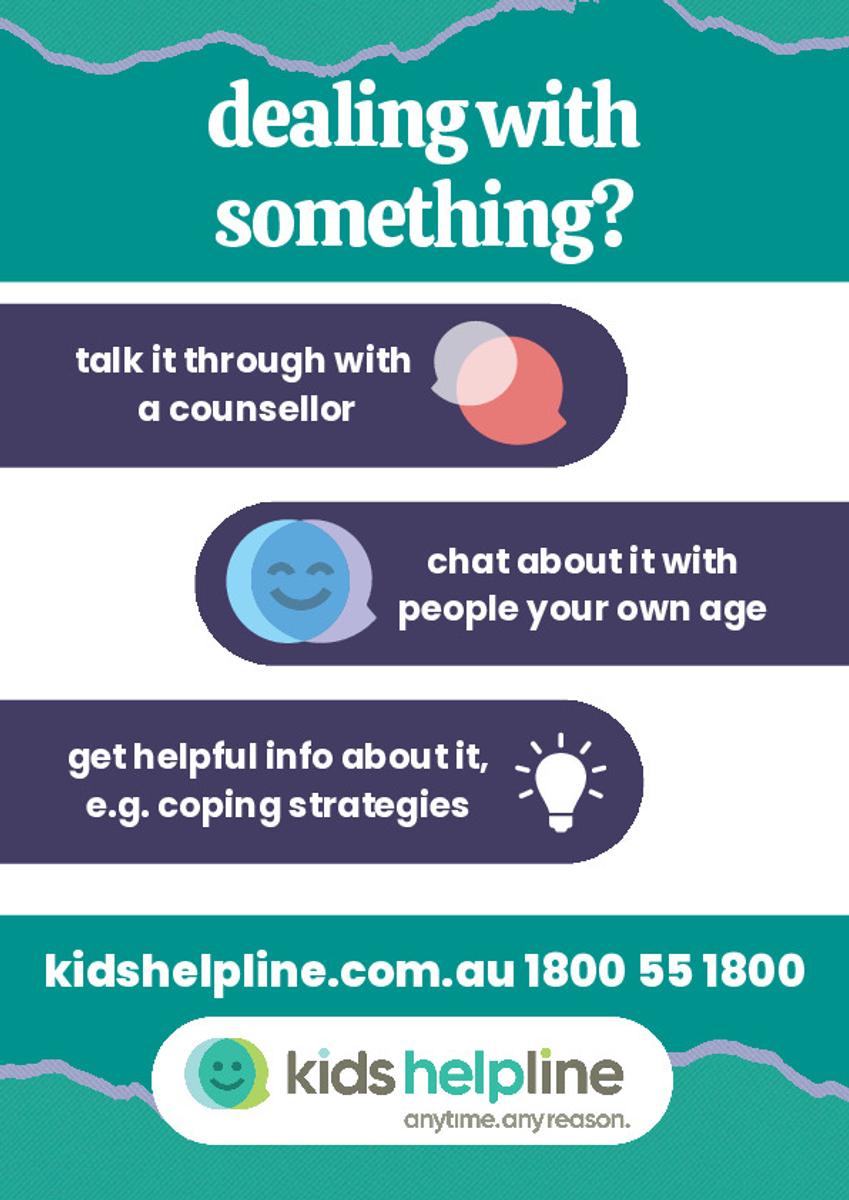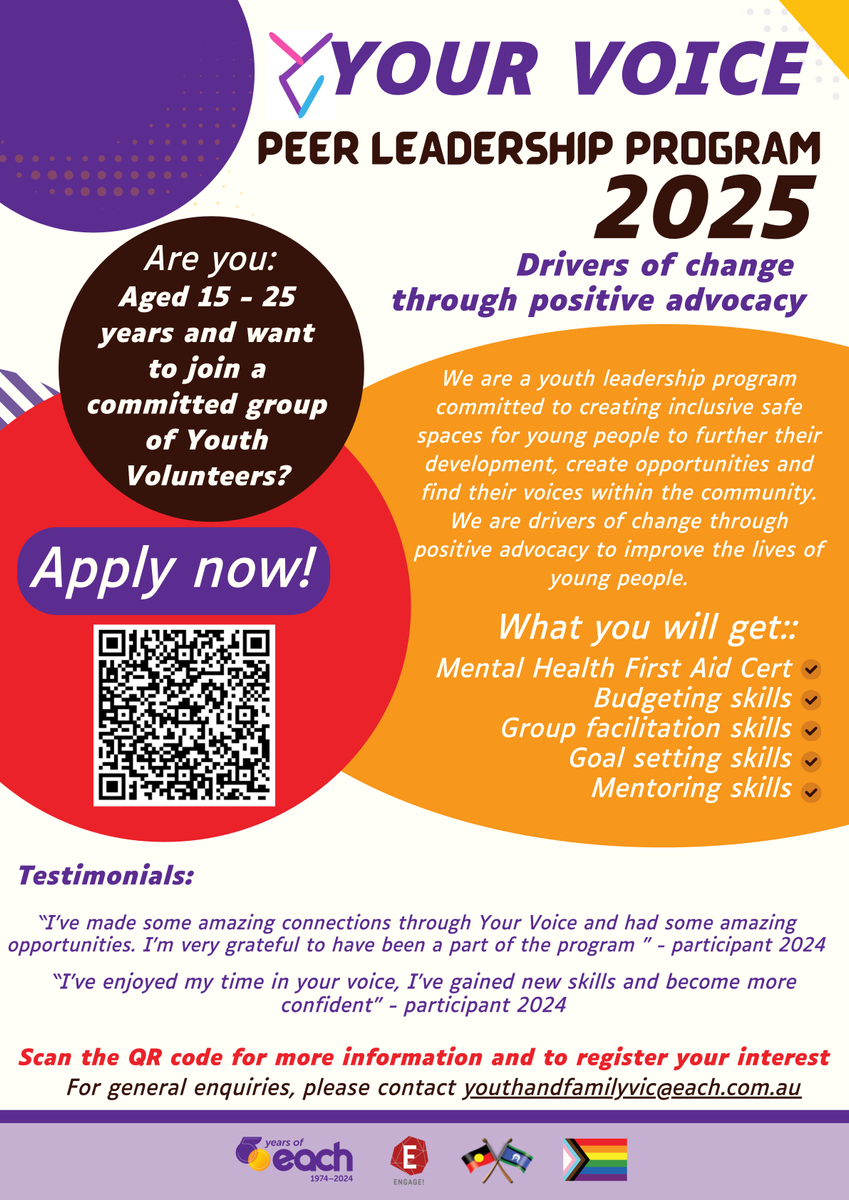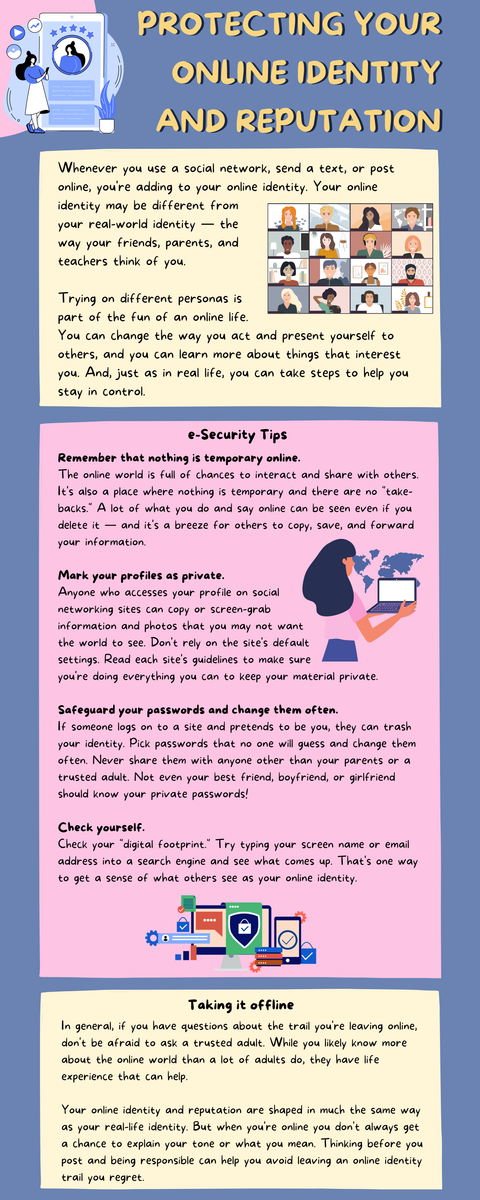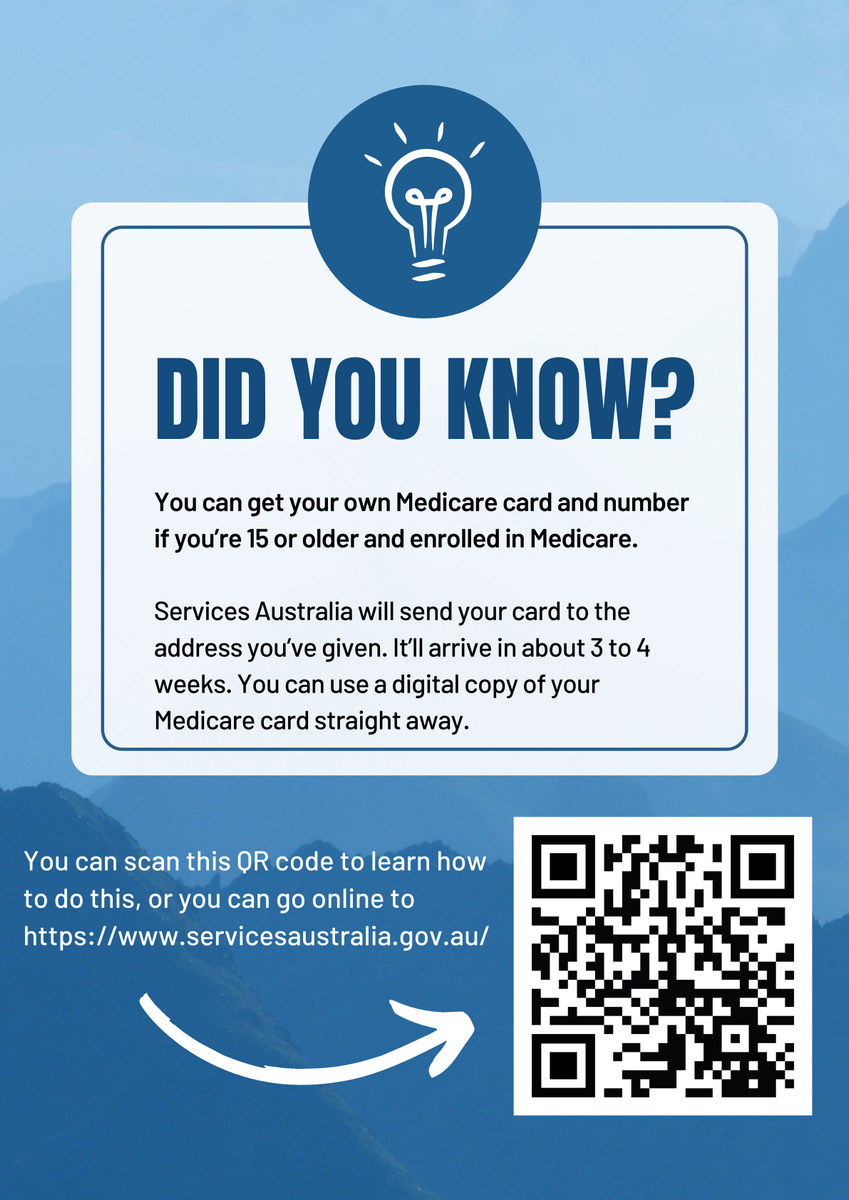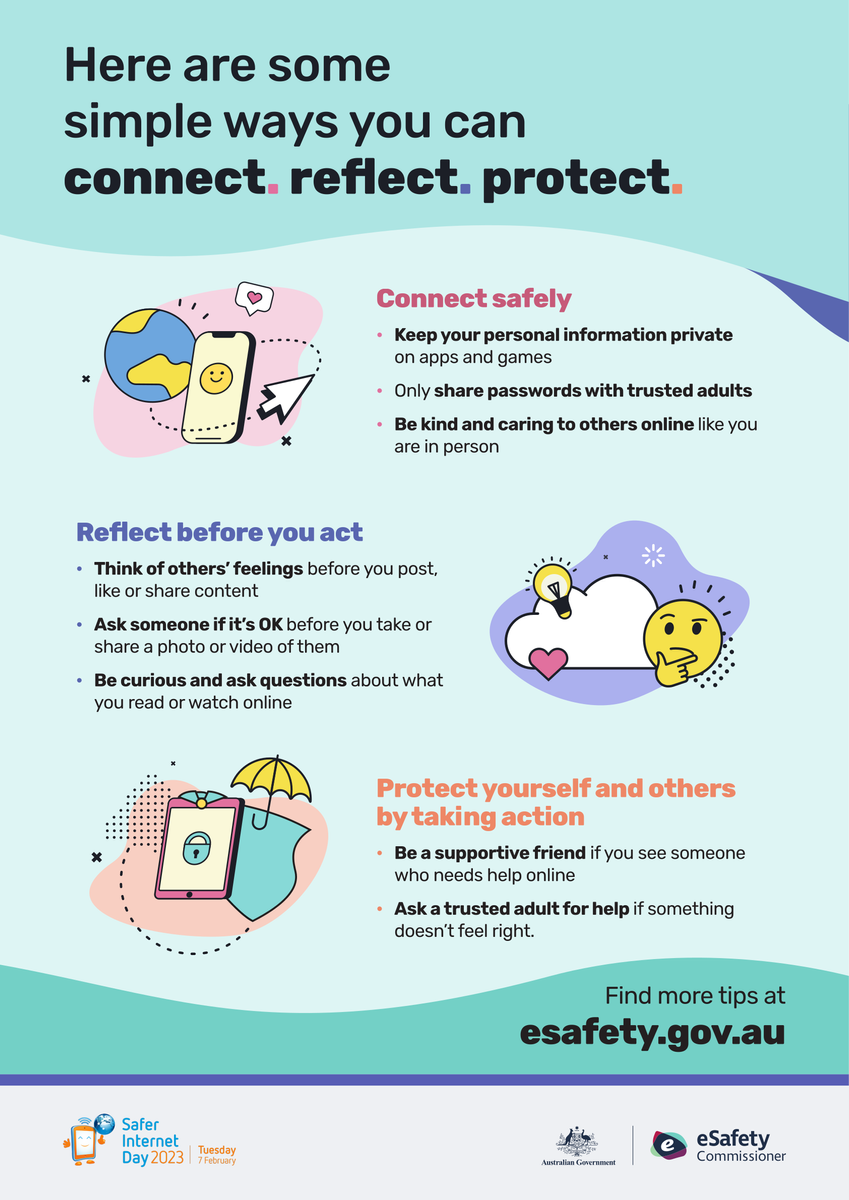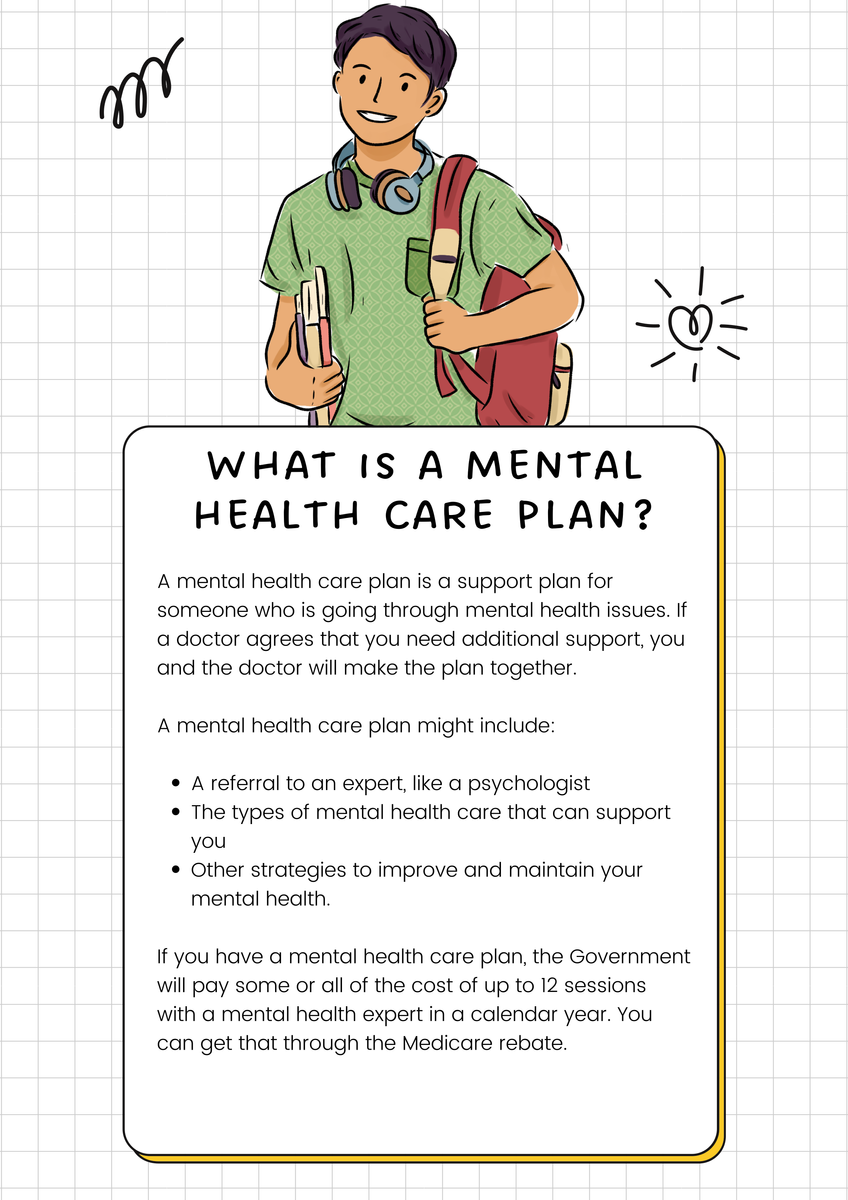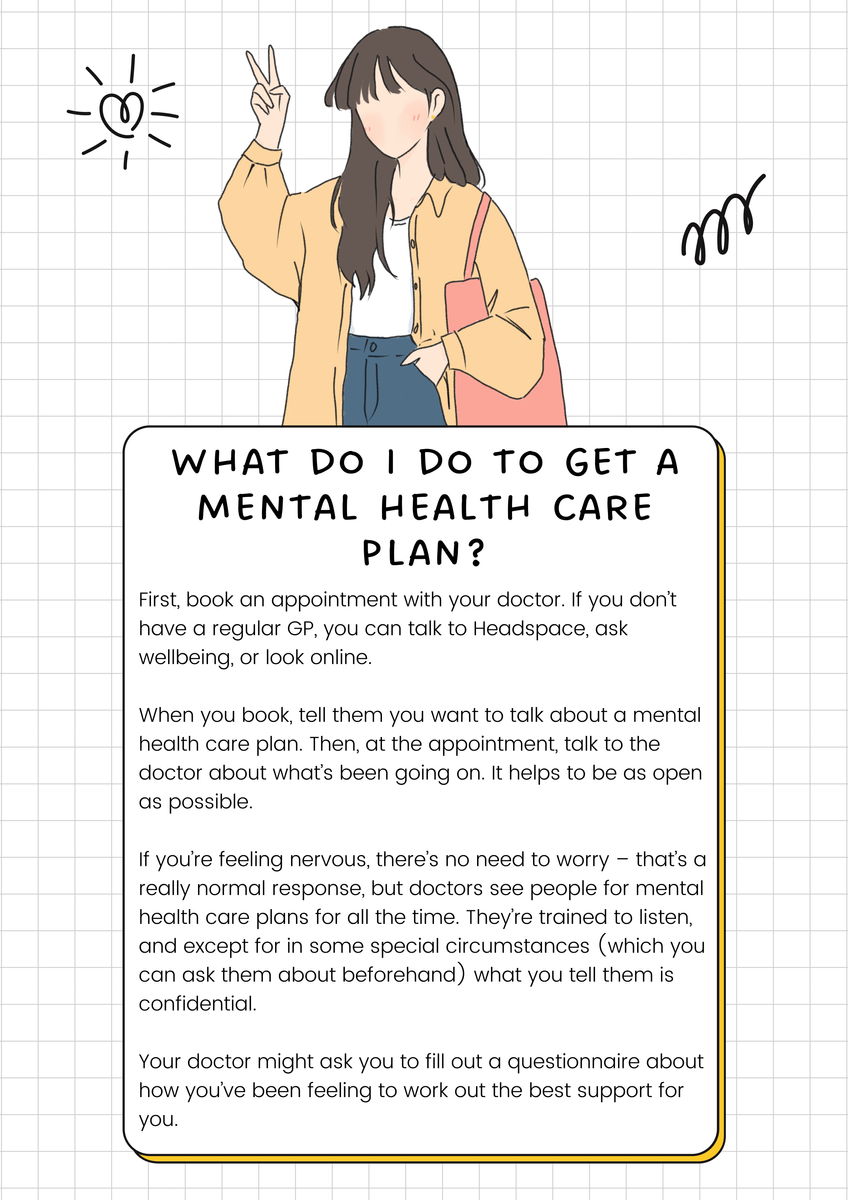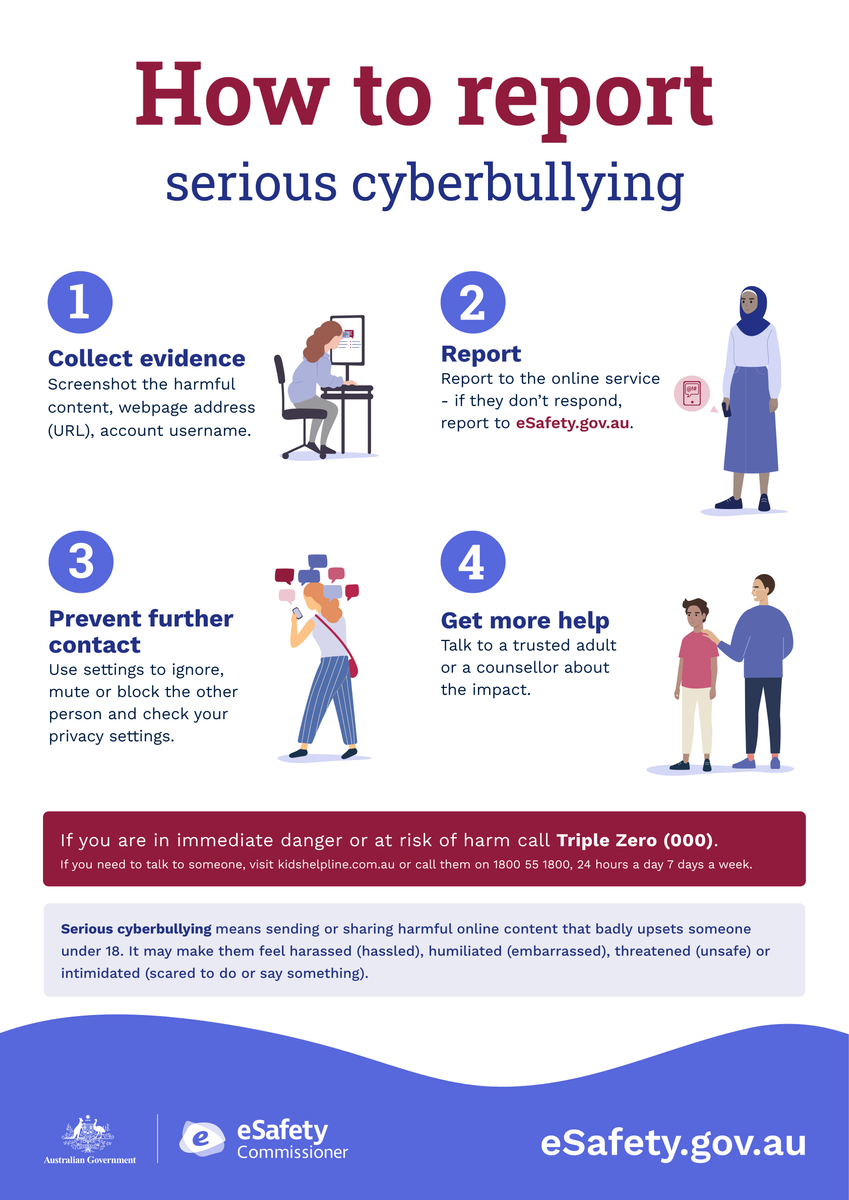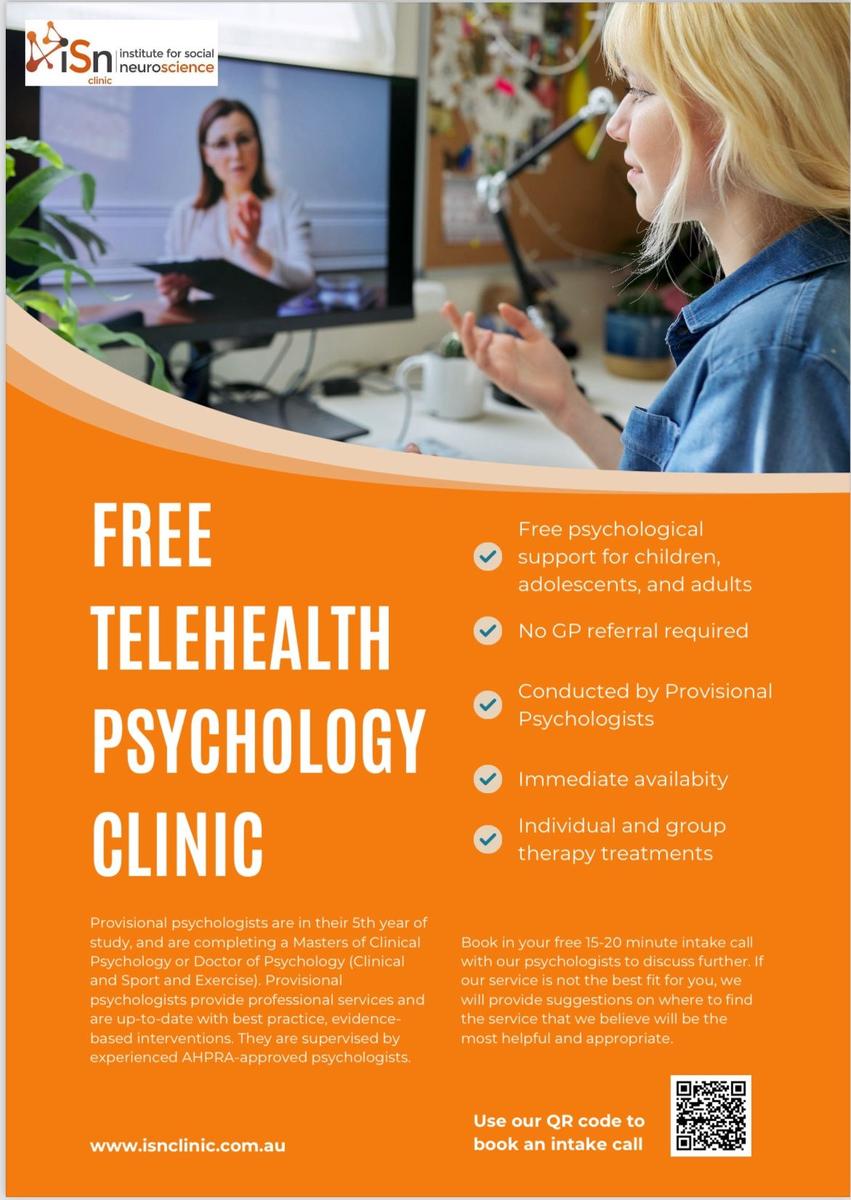Parent Wellbeing
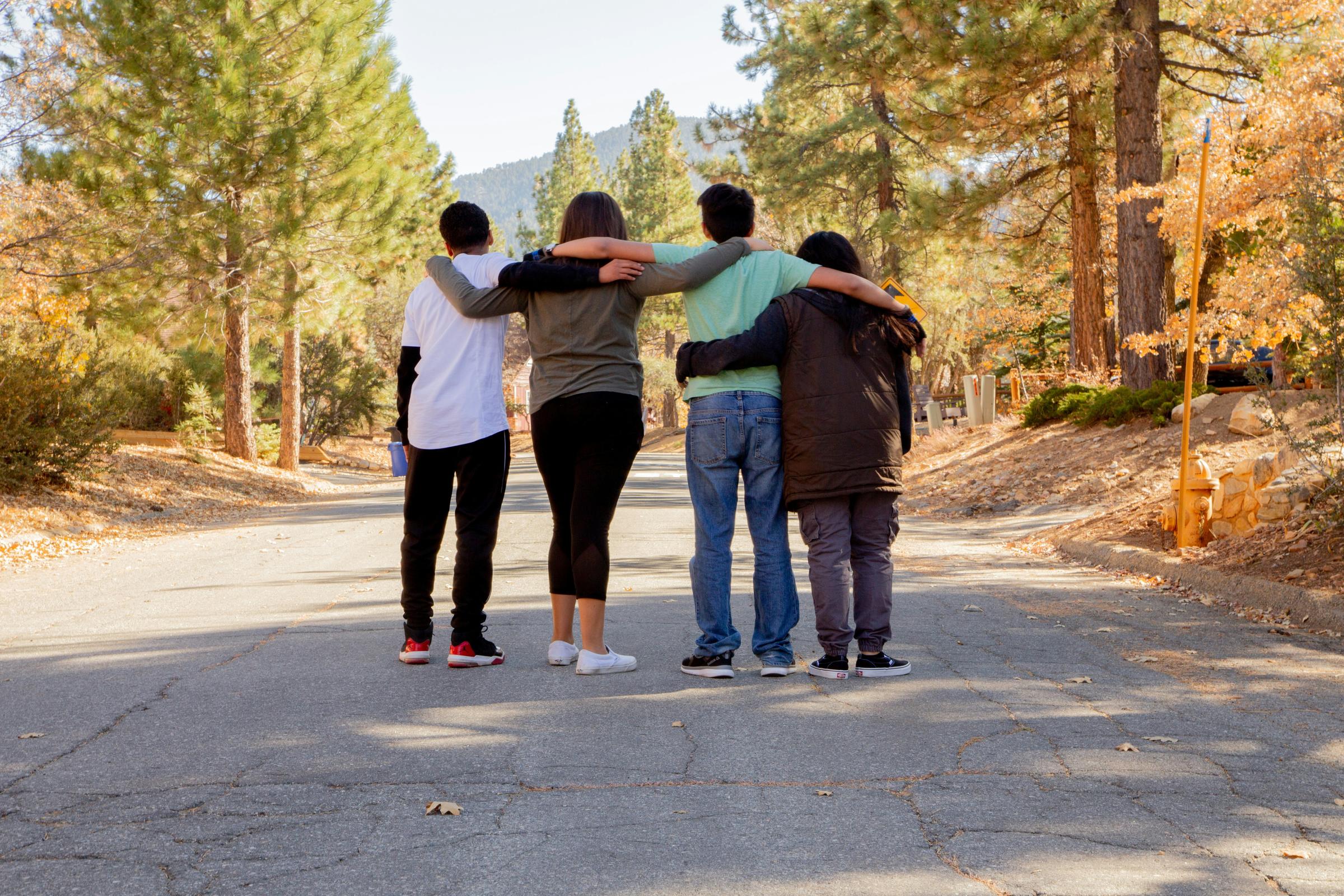
Staying Safe in a Digital World: A Guide for Parents
As technology continues to shape the way young people learn, connect, and explore the world, it’s more important than ever that we work together to help them stay safe and well online. At Wantirna, we’re committed to teaching students how to be responsible digital citizens. But we also recognise that the support and guidance they receive at home is just as vital.
Many children and teenagers today are “digital natives”—they’ve grown up with smartphones, apps, and social media. While this gives them incredible access to learning and connection, it also exposes them to risks such as harmful content, cyberbullying, online predators, scams, and the accidental sharing of personal information.
With students spending more time online than ever, both for school and entertainment, it’s important we help them build good habits and resilience in the digital world.
What Can You Do at Home to Support Online Safety?
1. Start open and ongoing conversations
Let your child know they can talk to you about anything they encounter online—whether it’s a funny video or something that makes them uncomfortable. Be curious about what they enjoy: ask about their favourite games, apps, and social media platforms. These conversations build trust and make it more likely they’ll come to you when something feels wrong.
2. Set clear boundaries and expectations
Work together to create family guidelines around screen time, device use, social media, and gaming. These should be age-appropriate and consistently reinforced. A “family tech agreement” can be a helpful tool to make expectations clear while giving your child a sense of involvement and ownership.
3. Use parental controls and privacy settings
Most devices and apps offer settings that allow you to filter content, monitor usage, and manage privacy. These are valuable tools, especially when combined with supervision and ongoing communication. Take time to review settings together with your child—this also gives you an opportunity to talk about online safety.
4. Teach privacy and the power of sharing
Help your child understand what personal information is (like full names, school details, home addresses, or photos) and why it should be protected. Remind them that once something is shared online—even in a private message or a story—it may not stay private.
5. Encourage respectful digital behaviour
The same values we teach offline—kindness, respect, empathy—apply online too. Talk to your child about how their words and actions can impact others in digital spaces. Encourage them to speak up if they see something hurtful or unfair happening online.
6. Stay informed and involved
The online world is always changing. Stay up to date with the latest apps, trends, and challenges. You don’t need to be a tech expert—just being curious and open makes a big difference. Try exploring apps or games together, or check out reliable resources like:
eSafety Commissioner – Australia’s leading source for online safety tips and tools.
Raising Children Network – Practical advice tailored to different age groups.
ThinkUKnow – Cyber safety education and support.
7. Be alert to changes in behaviour
If your child becomes withdrawn, secretive, anxious, or upset after being online, it may be a sign something’s wrong. Gently ask how things are going in their digital world and offer a safe space to talk. Early conversations can prevent bigger problems down the line.
Working Together
At school, we continue to conversations that promote digital wellbeing, including lessons on respectful communication, online consent, cyberbullying, and safe use of social media. But your involvement at home is equally important.
Together, we can help young people navigate the digital world with confidence, safety, and responsibility.
If you have any concerns or would like more information, please don’t hesitate to contact our wellbeing team or other Wantirna Staff. We're always here to support you.
Looking for Support?
EACH - Health Services 1300 003 224
These services are free or low-cost.
93 Boronia Rd, Boronia
Youth Mental Health Services 9298 8469
headspace 1800 650 890
Safe Steps Family Violence Response Centre 1800 015 188 (24 Hours)
1800 Respect 1800 737 732 (24 Hours)
Nurse on Call 1300 60 60 24
The Butterfly Foundation 9822 5771
FriendLine 1800 424 287
24/7 Mental Health Hotlines:
Kids Helpline 1800 55 1800
Lifeline - Call 13 11 14, text 0477 13 11 14 or chat online.
Suicide Call Back Service 1300 659 467 or suicidecallbackservice.org.au
Beyond Blue 1300 22 4636
Student Wellbeing Team
Email: wellbeing@wantirnacollege.vic.edu.au
Chelsea Collings - Leader of Wellbeing
Guiseppe Relia – Wellbeing Counsellor
Sanela Avdic - Wellbeing Counsellor
Talea-Jane Simpson – Wellbeing Counsellor
Tajinder Wulff - Mental Health Practitioner 7-8
Lea Marrison - Mental Health Practitioner 9-12

